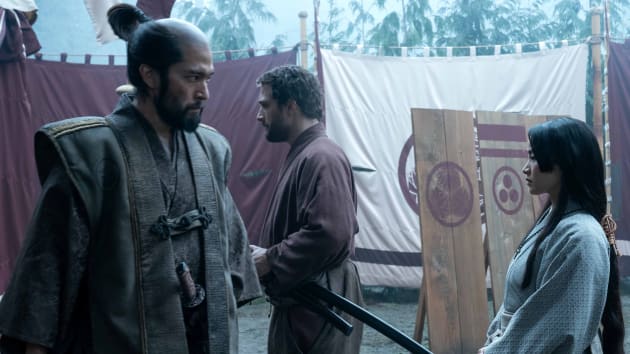
From the moment that John Blackthorne and his crew (someone should really check on those guys!) ran aground in the fishing village of Ajiro, Shogun has seldom allowed its viewers a moment to catch their breath.
So it came as a bit of a relief when the show slowed things down a little in its fifth episode, Broken to the Fist.
The intricate political maneuvering and the stunning action set pieces are thrilling, of course, but the best dramas know that coaxing viewers to genuinely care about your characters is the best way to raise the stakes and transform those battle and earthquake scenes into the stuff of white-knuckle panic.
Pulse-pounding boat races and surprise cannon attacks might generate the most next-day buzz, but it’s in its quieter moments that Shogun distinguishes itself as one of the premiere dramas on TV.
So when Ladies of the Willow World opens with a 22-year flashback, we correctly assume that we’re in for more of the character-defining backstory that made the previous installment so memorable.
And we couldn’t be happier about it.
This time, the focus is on Mariko’s painful past — and the loss that continues to inform so many of her actions and decisions.
We knew that her youth had been marred by violence and trauma, but only now do we have a full sense of the horrors — including her arranged marriage to Buntaro — that shaped her into the wounded warrior that’s made such an impression on Blackthorne.
The glimpse into Mariko‘s past helps to explain the aspect of her character that the Anjin finds most difficult to understand — namely, her commitment to duty above all else.
Speaking of Blackthorne, back in the present, the manic Brit is climbing the ladder like nobody’s business.
Following yet another rousing speech about death, duty, and dishonor (he excels at those), Toranaga tells his troops that Blackthorne has once again saved his life and will be duly rewarded with a fiefdom of his own.
He’s also been made general of the cannon regiment, which probably would’ve been a smart move from the get-go.
The scene is most noteworthy for Blackthorne’s ascendancy and the ire it’s earning him among Toranaga’s men, but it’s also interesting for Toranaga’s remarks about finding meaning in every death — lines that bring to mind the ill-fated gardener from last week’s episode.
Omi is among those who are furious with the barbarian’s rise to power, but his usually ornery uncle, Yabushige, is concerned about a larger matter:
Thanks to the earthquake, Ishido’s troops now vastly outnumber Toranaga’s. Not ideal!
The best villains are the ones who seem genuine in their conviction that they’re the hero, and Shogun excels at depicting moral ambiguity and the sort of self-delusion that often lurks behind abhorrent acts.
Take, for example, the exchange in which Buntaro reveals to Toranaga that he thinks he’s a stand-up guy for sparing Mariko’s life and marrying her.
The guy is shocked — shocked! — that she’s not more excited for the opportunity to live with an abusive jerk who’s forever dredging up memories of her horrific past.
Yes, Buntaro might not be the most empathetic soul on the planet — but to his credit, he recognizes the chemistry between his wife and the Anjin.
There’s a tense moment as the rivals cross paths outside of the principal’s office (Toranaga’s hut), and we become more certain than ever that one of these guys is gonna kill the other.
Though he’s become aware of the importance of etiquette during his time in Japan, Blackthorne risks infuriating his host by reminding him that he’s not terribly concerned with fiefs or regimental commands — he just wants his ship back.
He offers to sweeten the deal by attacking the Black Ship, but both Toranaga and Mariko balk at the idea of open hostility with Portugal.
The three-way exchange makes for a brilliant scene that underscores the skill with this show balances the personal and political.
Toranaga and Mariko are open about their distaste for Blackthorne’s proposition, while their personal grievances against him continue to simmer just beneath the surface.
Toranaga knows there’s something going on between Mariko and Blackthorne because — well, Toranaga knows just about everything.
But is he aware of the torment he’s causing her when he asks her to set the Anjin up with the village’s finest courtesans and intercept his pillow talk?
Again, when it comes to Toranaga, the safest assumption is always that he knows exactly what he’s doing.
Speaking of intricate maneuvering, Ishido has used a false threat against the Heir’s life to lock down Osaka Castle and hold his potential enemies hostage.
One of the only times that this show feels a bit overextended in its plot ambitions is when we’re reintroduced to characters (Hiro-matsu, Father Alvito) whom we haven’t seen in a few episodes, and we feel like we need an expository reminder of their ambitions and allegiances.
Sometimes we get the info we need right away, and sometimes we don’t, but we never get the sense that we’re falling behind.
This time, we’re brought up to speed by two successive forays into the past.
First, a conversation between the priests fills us in on Ochiba’s past and reminds us of Toranaga’s noble lineage.
That’s followed by another horrific flashback as a young Ochiba is informed that her father has been murdered and she must flee.
Then, in a scene straight out of Shakespeare, she and other disgruntled residents of Osaka grumble about their circumstances as they watch a play involving characters from their own drama.
The two portrayals of Ochiba — the one on stage and the one scene in flashback — combine to create a powerful impression:
She’s a woman who has endured a great deal of pain, amassed an incredible amount of power, and is dangerous because of both.
The female characters of Shogun — and their past traumas — loom large over this episode, revealing depths to the narrative that were only hinted at before.
Both Mariko and Ochiba have been forced into uncomfortable positions involving the sexual desires of powerful men, and both know that they have little choice but to try and turn these scenarios to their advantage.
In a case of art imitating life, Ochiba “seduces” Ito, the actor who played the late Taiko on stage, and she and Ishido persuade him to join the Council of Regents and vote for Toranaga’s death.
We’re reminded once again that she really, really hates Toranaga, and we’re left wondering if he’s as much a good guy as we’ve been led to believe.
Real life, after all, is not as simple as a brief morality play honoring one’s predecessors.
Toranaga might even be questioning his own character, as his advisors urge him to pursue Operation Crimson Sky — a full assault on Osaka with the goal of eliminating the council and making Toranaga Shogun.
Yes, it’s the titular line! So much sweeter for how long we had to wait for it!
Toranaga is once again disappointed by his large adult son, and he insists that he has no intention of seeking the title of Shogun. We’ll see about that.
Meanwhile, Mariko is forced to suffer the indignity of bargaining with a madame for Blackthorne’s evening companionship.
Mariko might not appreciate Gin’s sly smile and insinuations about her relationship with Blackthorne, but she maintains her usual veneer of professionalism.
And to be fair, the insinuations are accurate — so Mariko has little cause for complaint.
Also using his valuable brothel time to stress about the barbarian is Omi.
He can’t understand why Toranaga is so bullish on Blackthorne, and apparently, “because dude saved his life twice and might now help him win a war” isn’t a sufficient explanation.
With that, it’s finally time for Mariko and Blackthorne’s awkward encounter with Kiku.
The courtesan’s philosophical approach to her work reminds us that this is a far more conscientious culture than the one from which Blackthorne hails.
Mariko is forever urging her barbarous charge to take that into account, and in a twist of irony, it’s only when she encourages Blackthorne to enjoy the experience for her sake that he endeavors to do so.
Blackthorne’s experience often mirrors our own as viewers, as feudal Japan is forever revealing new depths to him, just as Shogun frequently shows itself to be far more than it initially seemed.
Where I come from, prostitutes are neither this well presented, nor as inquisitive.
Blackthorne
An encounter with a prostitute that looks as though it will offer little aside from comic relief transforms into something much more profound, as Kiku explains her vaunted place in society.
As is so often the case with this series, the scene is richly layered: The pain that Mariko speaks of in translation is her own, and the desire Kiku describes makes Blackthorne long for his translator, not his courtesan.
And in another ironic twist, Mariko’s clipped translation of Kiku’s morning-after praise speaks volumes about her feelings toward Blackthorne.
From there, we learn that Mariko is valuabe to Toranaga not only as a translator and procurer — he knows of her childhood friendship with Ochiba, and he seeks to use her knowledge of his enemy to his advantage.
In her conversation with Toranaga, Mariko spells out the episode’s themes, but thankfully, she stops just short of putting too fine a point on it.
Mariko: A man may go to war for many reasons: conquest, pride, power. But a woman is simply at war.
It’s fitting that this is the most nonviolent episode of Shogun thus far, as it focuses on a different kind of war — the kind waged by women like Mariko, Ochiba, Gin, and Kiku.
Their battles are fought with words, and subtle gestures. Their weapons are their charm, their tact, and their knowledge of the men around them — the ones who might benefit them, as well as the ones who wish them harm.
But for all of her understanding of the world around her, Mariko was unaware of her father’s intentions in marrying her off to Buntaro. Toranaga assures her, however, that her personal war is far from over.
In a role reversal that also does much to illustrate this episode’s central themes, Ochiba chides Ishido and once again takes us back to Azuki Castle — this time, with the goal of explaining her hatred for Toranaga.
She believes he plotted her father’s death — a possibility that Ishido clearly never considered because he was too distracted by the bombast of the masculine world to hear the whispers that were happening behind closed doors.
Ishido foolishly suggests a public solution to the problem, and Ochiba regales him with the tale of her harrowing rise to power that’s as chilling as any act of swordsmanship we’ve witnessed thus far.
Unfortunately, Ishido learns from Ochiba’s subtle approach — when he slaughters Sugiyama and his entire retinue, he does so surreptitiously and blames on bandits.
Clearly, with his back against the wall and his desire to keep his Ochiba as his ally growing stronger by the day, Ishido is more dangerous than ever.
And the ever-observant Toranaga can read the writing on the wall.
But while his maneuvering has led Toranaga to his current position of power, he recognizes that the time for diplomacy has passed, and it’s time for Crimson Sky.
This episode of Shogun went in the opposite direction, eschewing violence and extravagant action set-pieces in order to demonstrate that the series can accomplish just as much with dialogue as it can with swords.
What do you think, TV fanatics? Does Shogun keep getting better with each passing week? Hit the comments section below to share your thoughts.
Edit Delete
Tyler Johnson is an Associate Editor for TV Fanatic and the other Mediavine O&O sites. In his spare time, he enjoys reading, cooking, and, of course, watching TV. You can Follow him on X and email him here at TV Fanatic.
You can view the original article HERE.

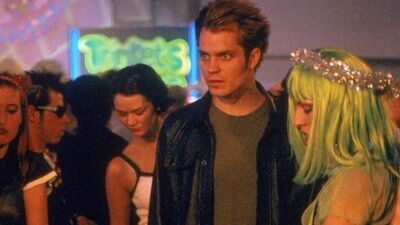


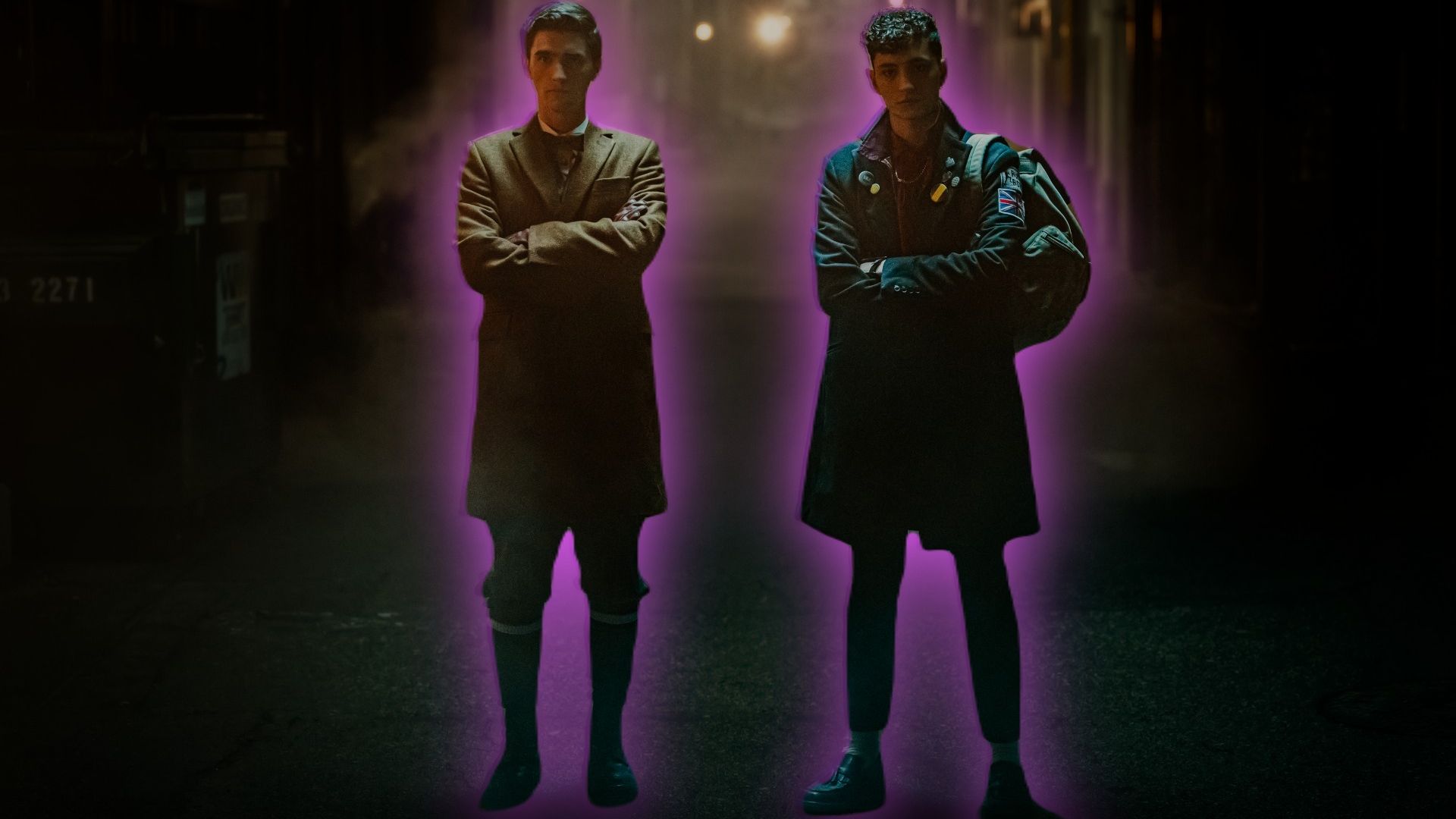


:quality(85):upscale()/2024/04/24/704/n/1922398/38e84cfb66292b21a38262.25923048_.jpg)

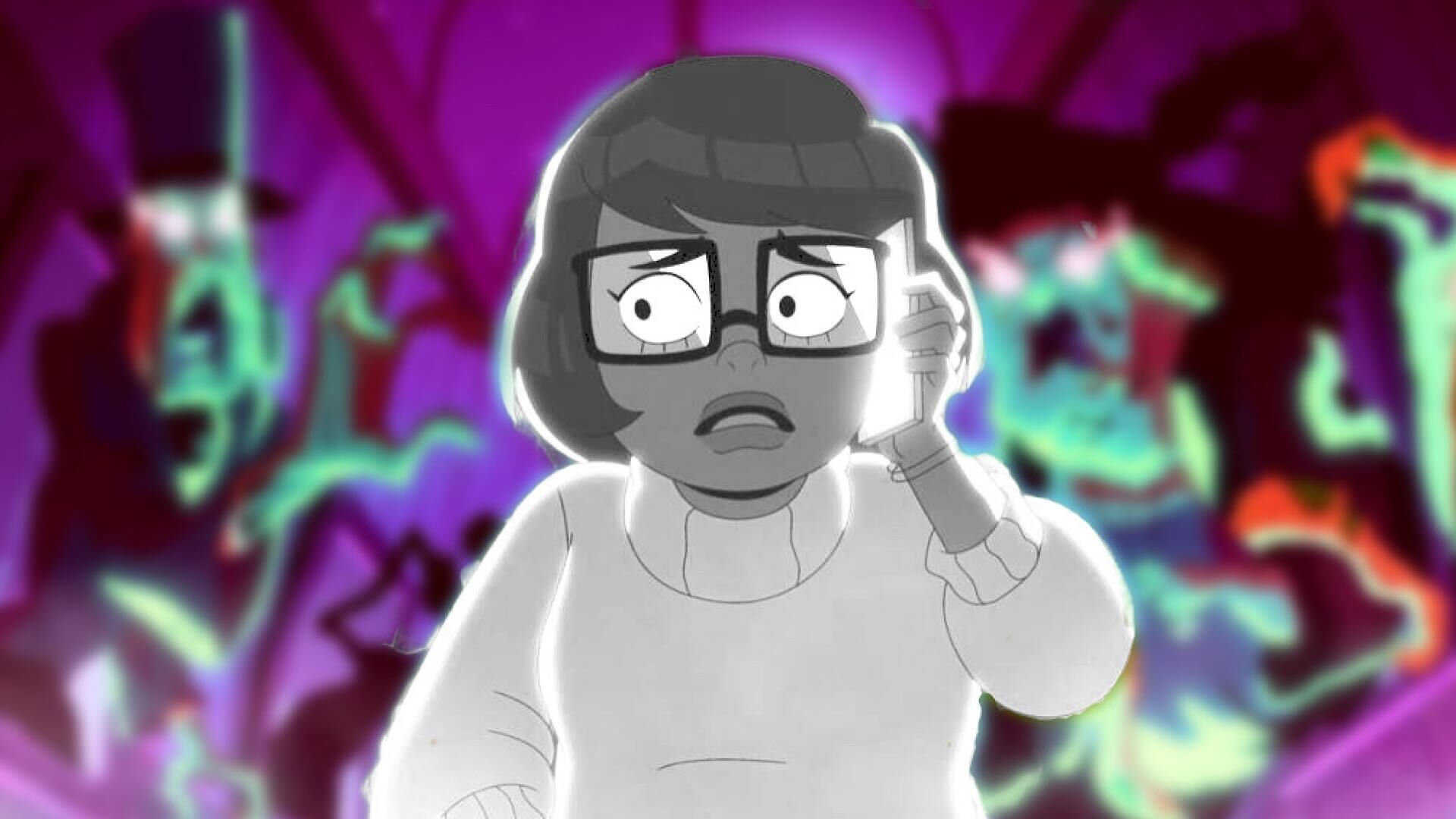





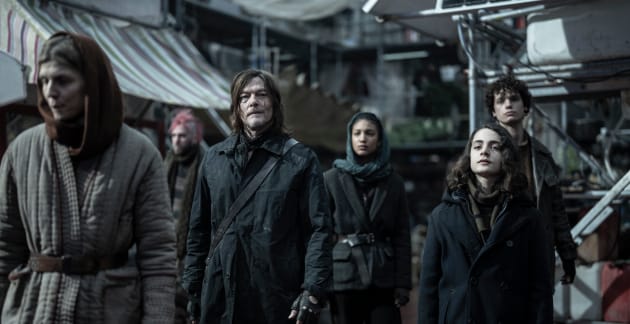







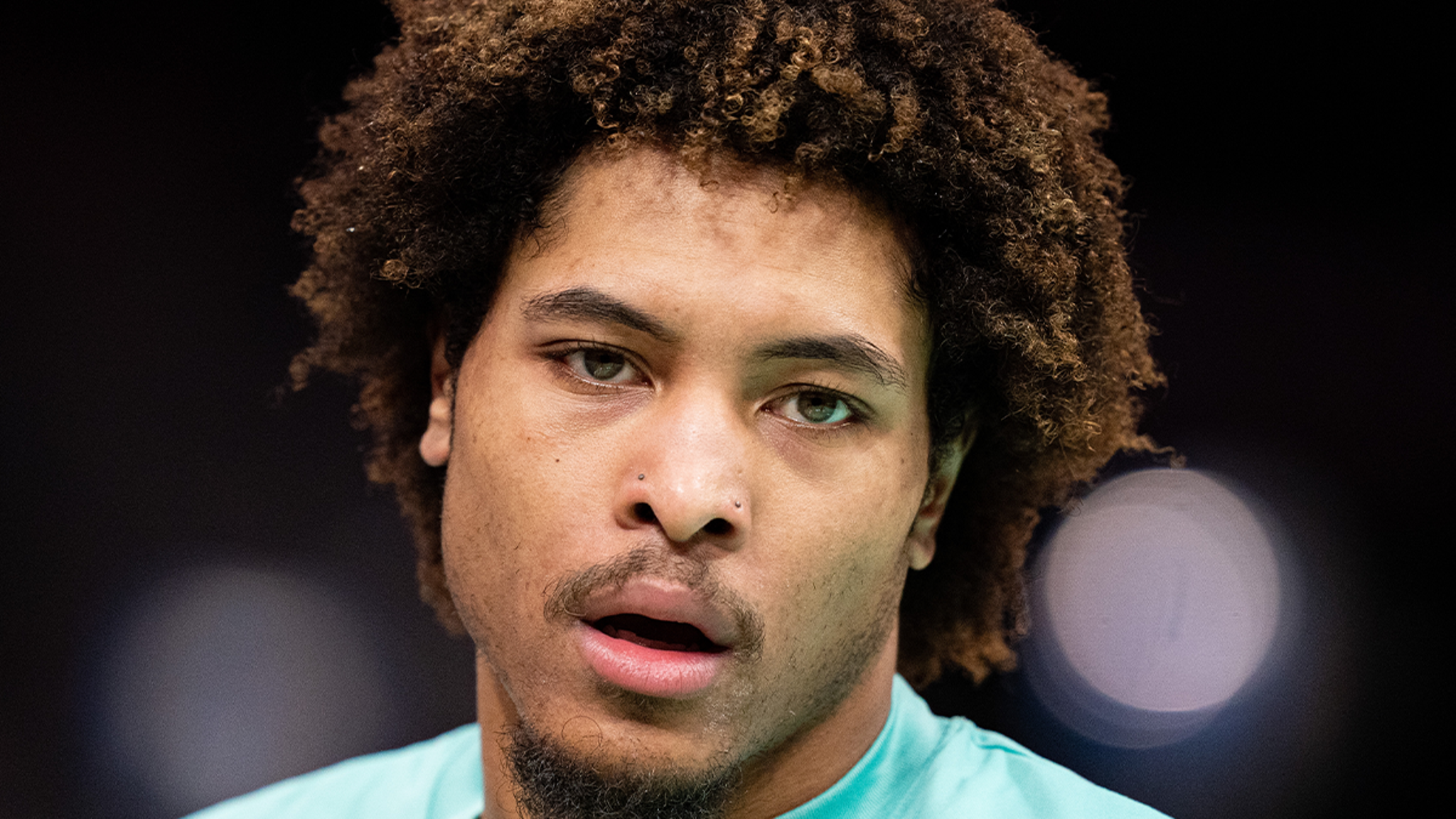

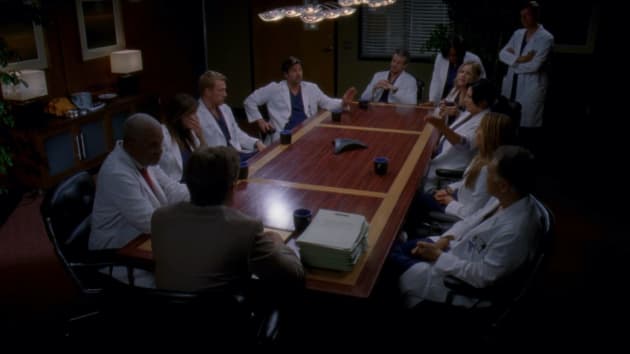
:quality(85):upscale()/2024/04/26/942/n/1922564/922a9e89662c1e7fc894b2.65383312_.jpg)

:quality(85):upscale()/2024/04/23/103/n/1922564/4749edea6628605c71c3f6.29683549_.jpg)
